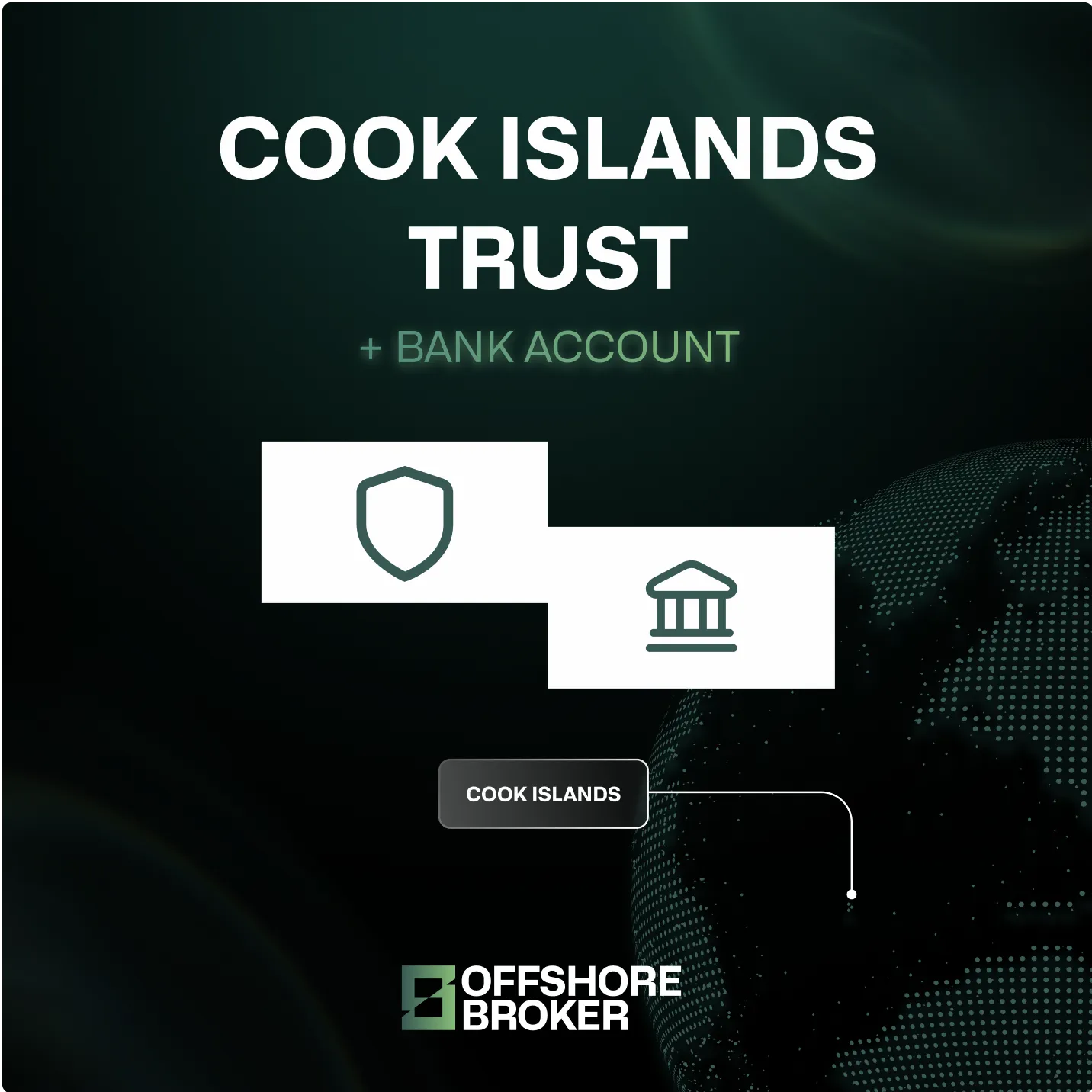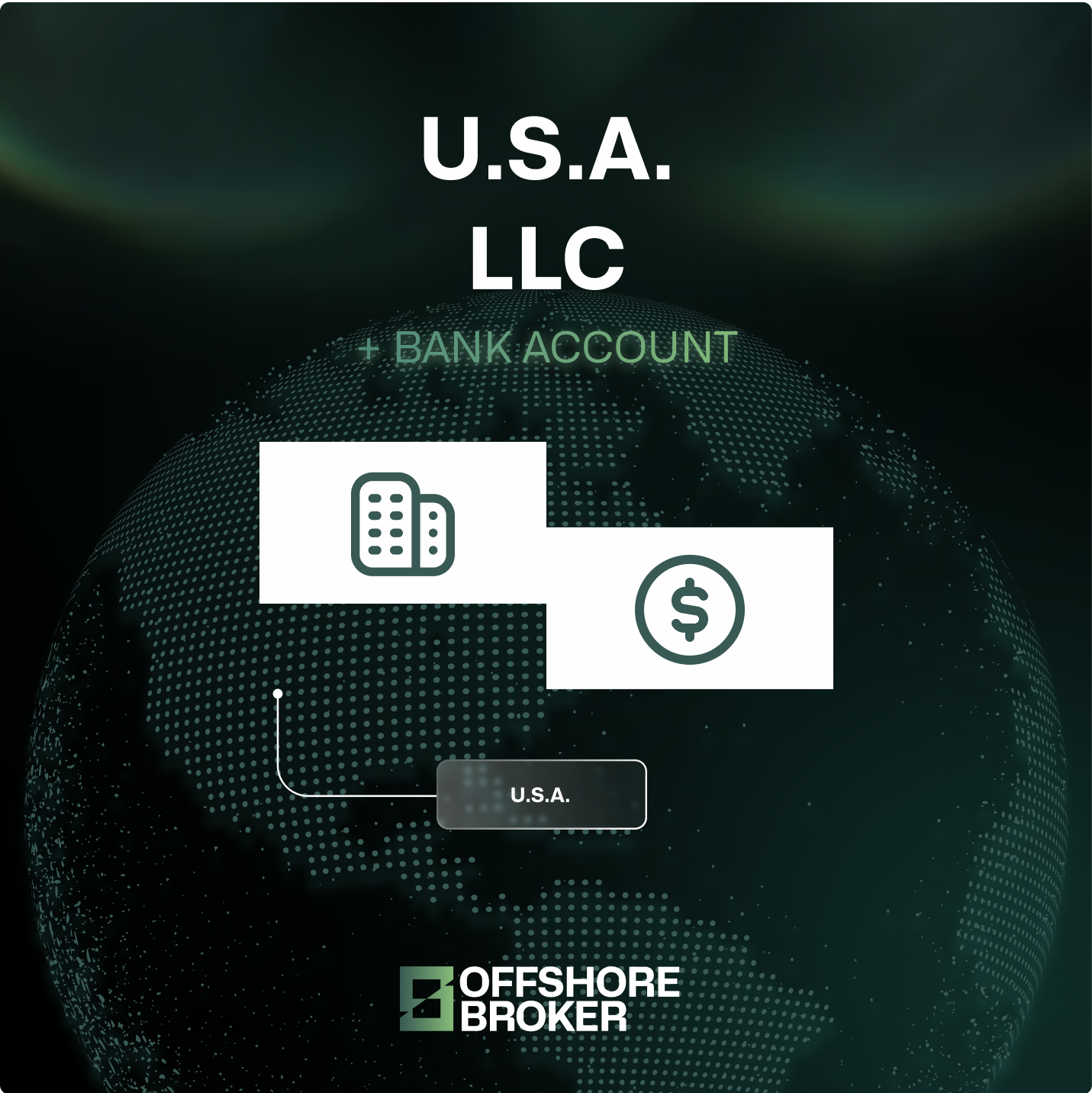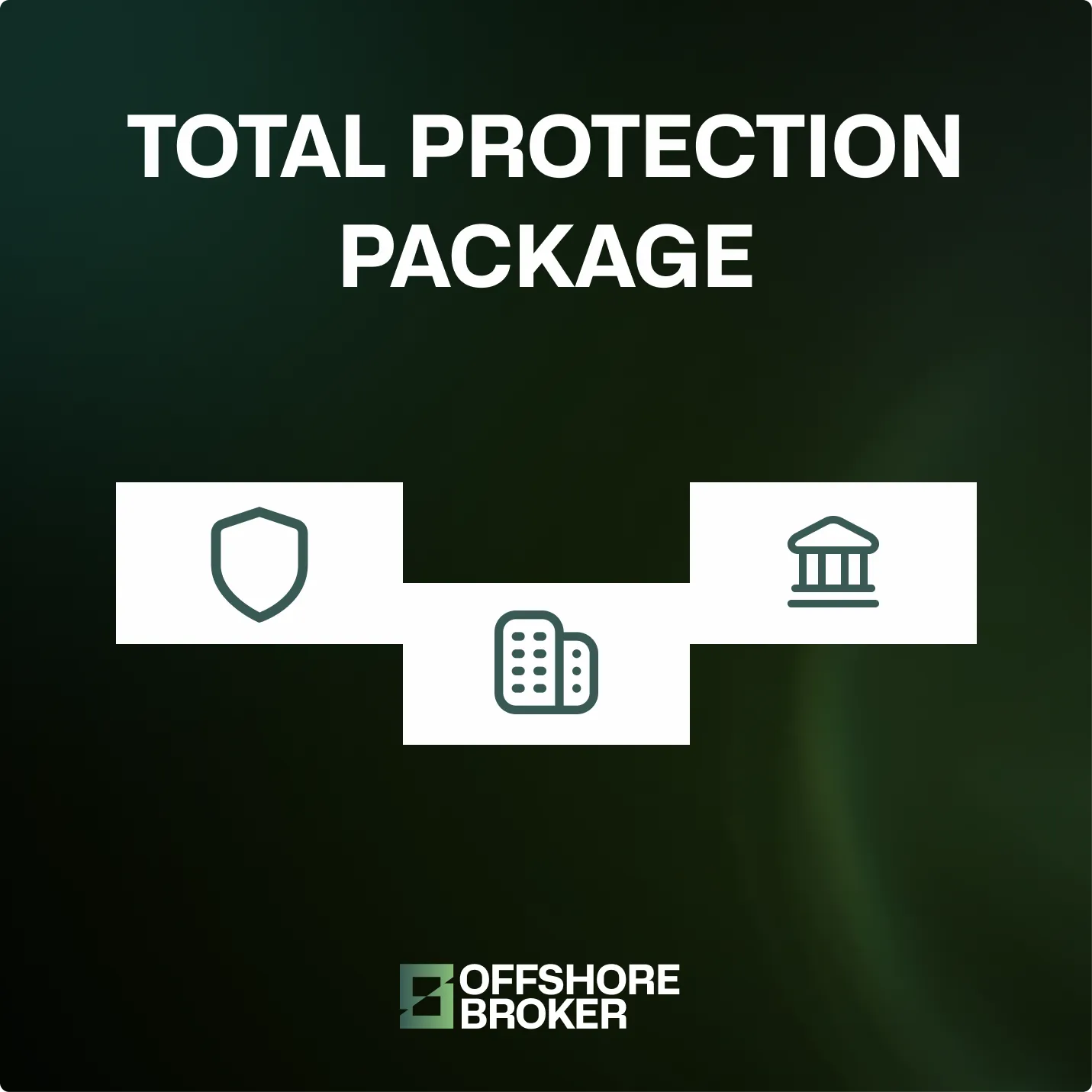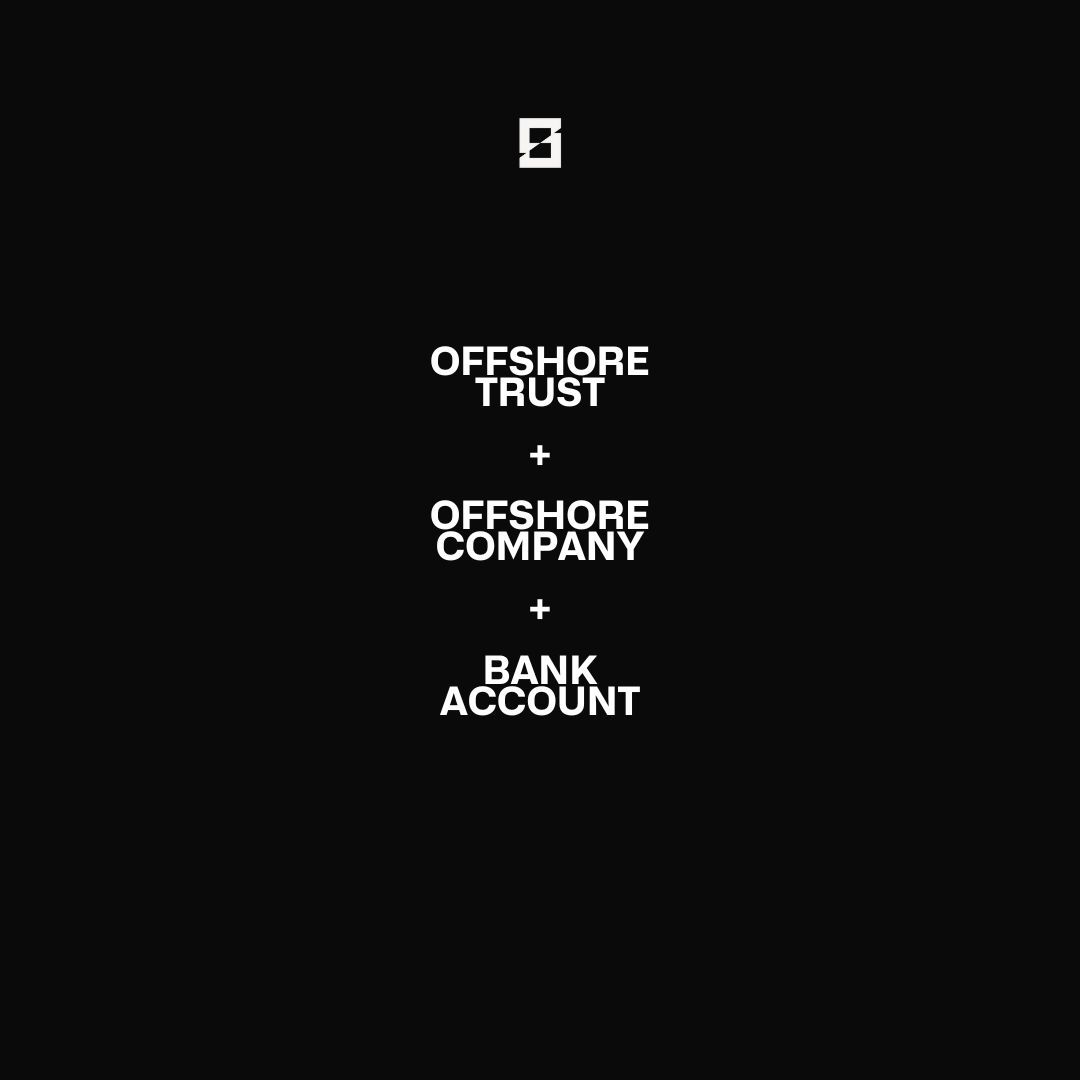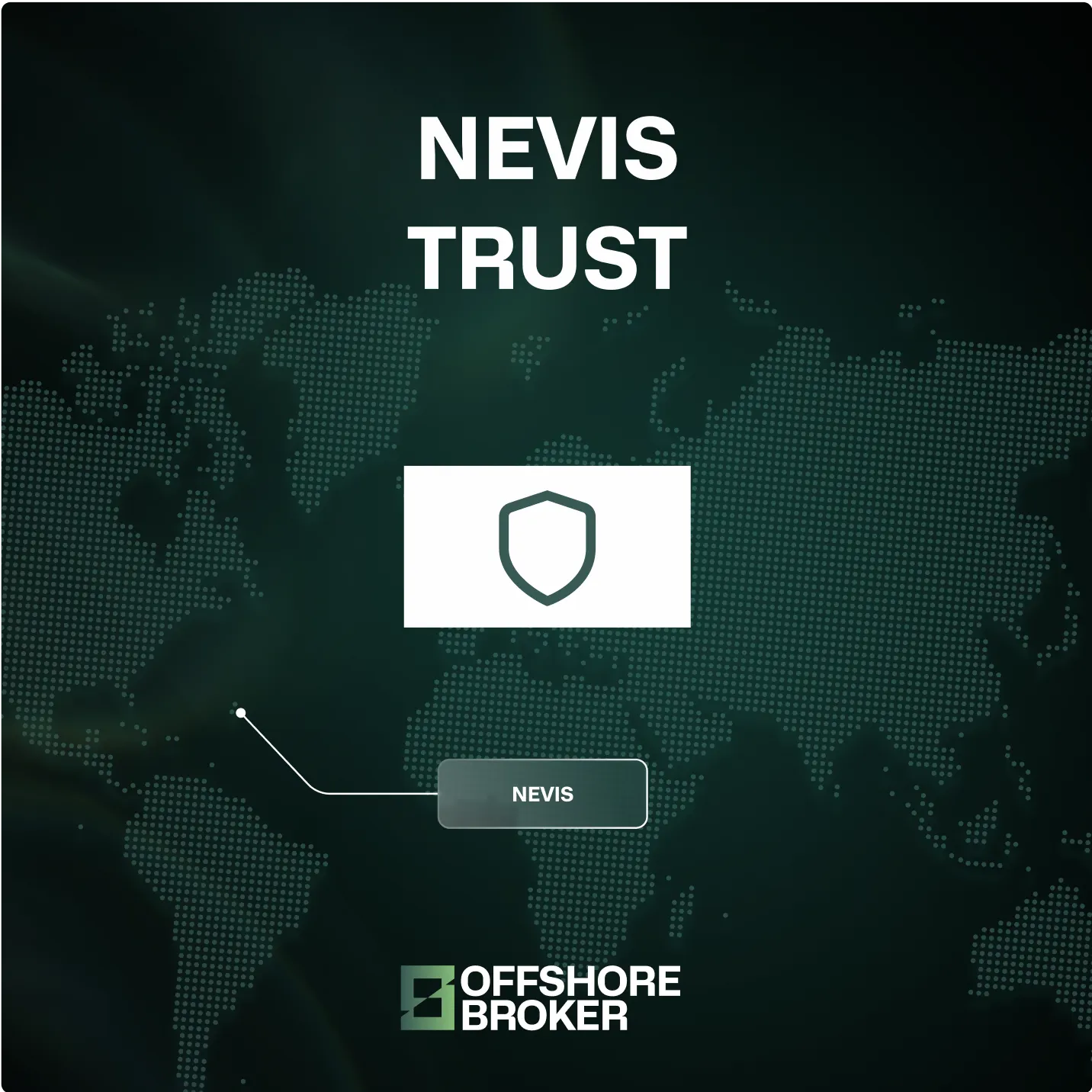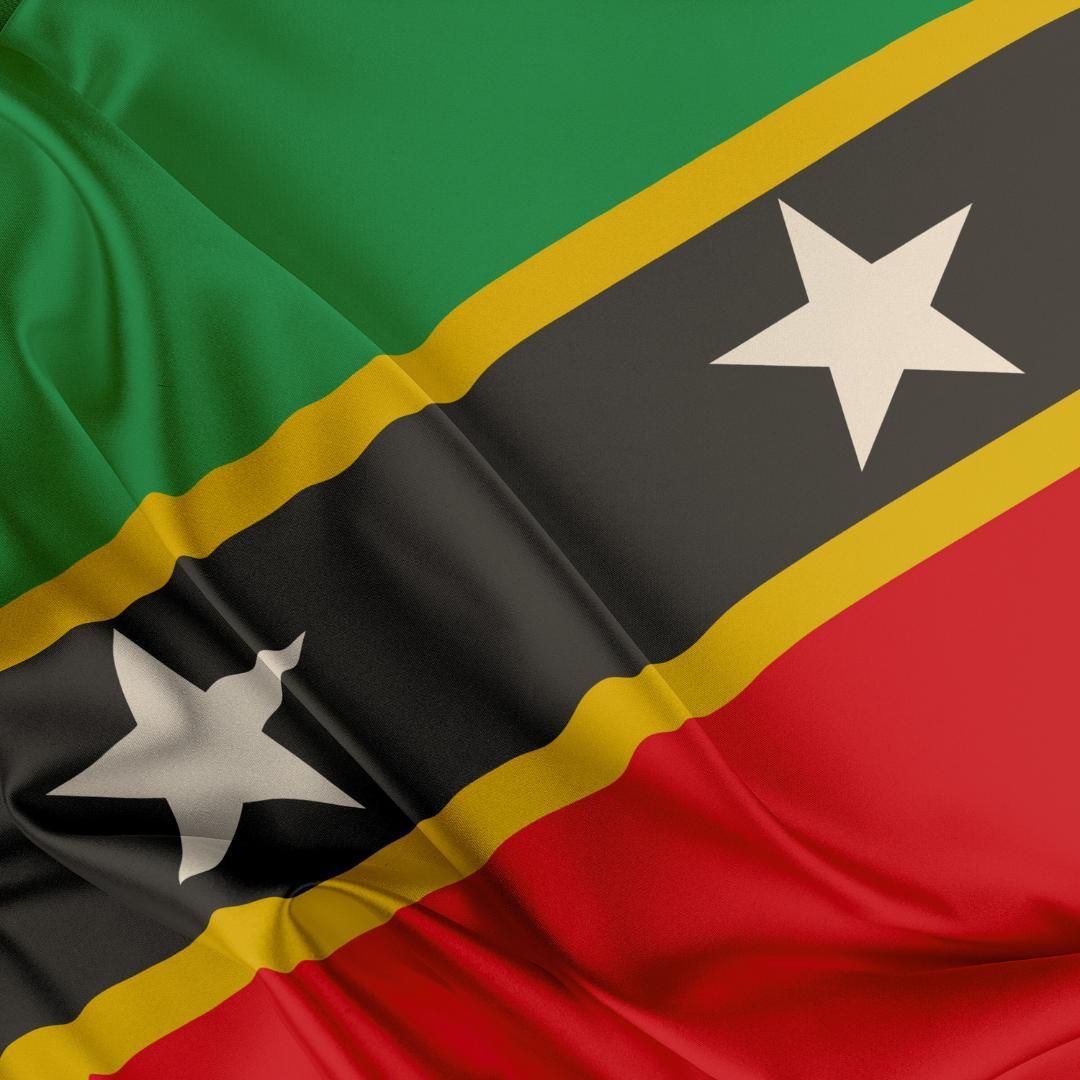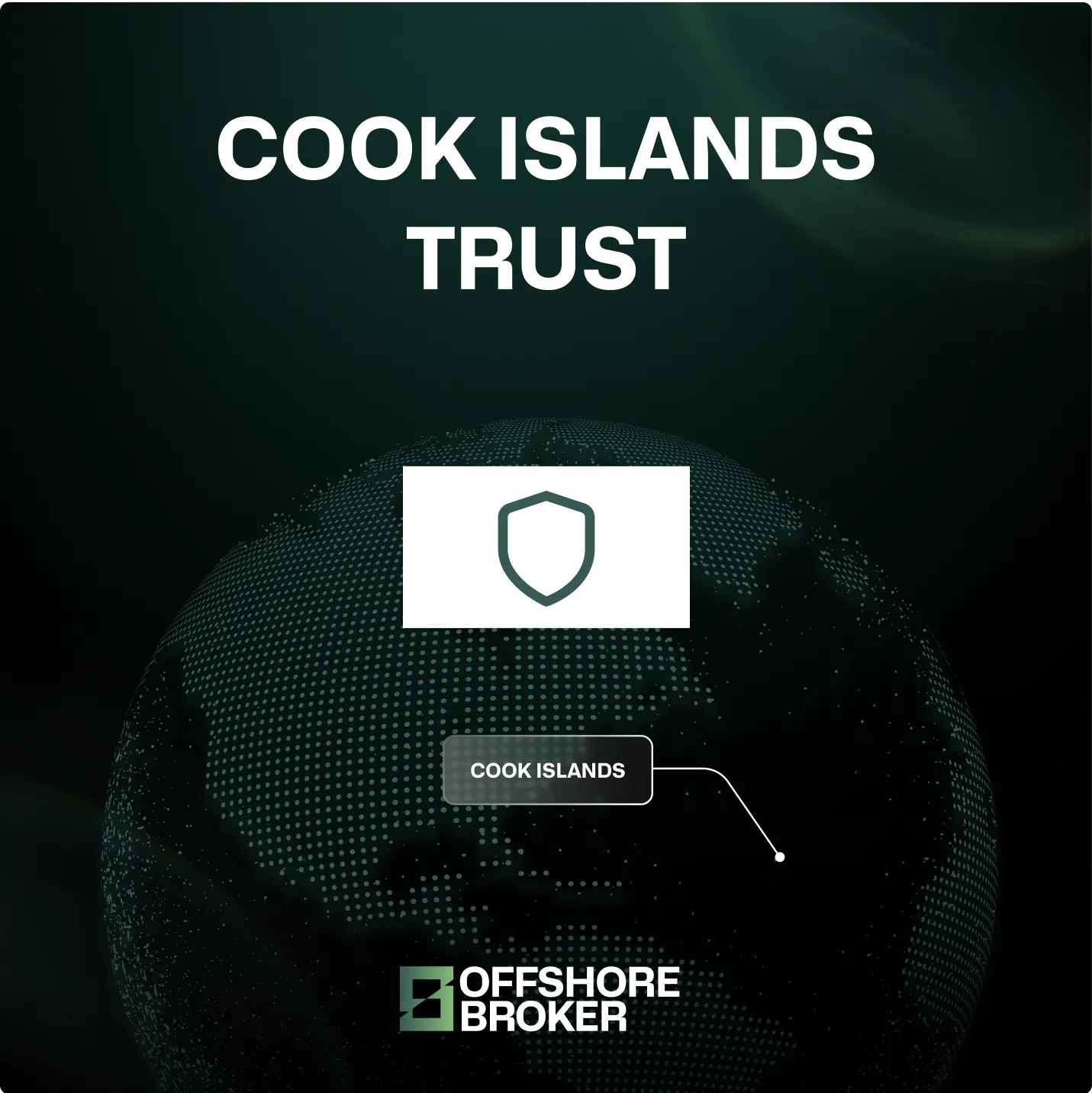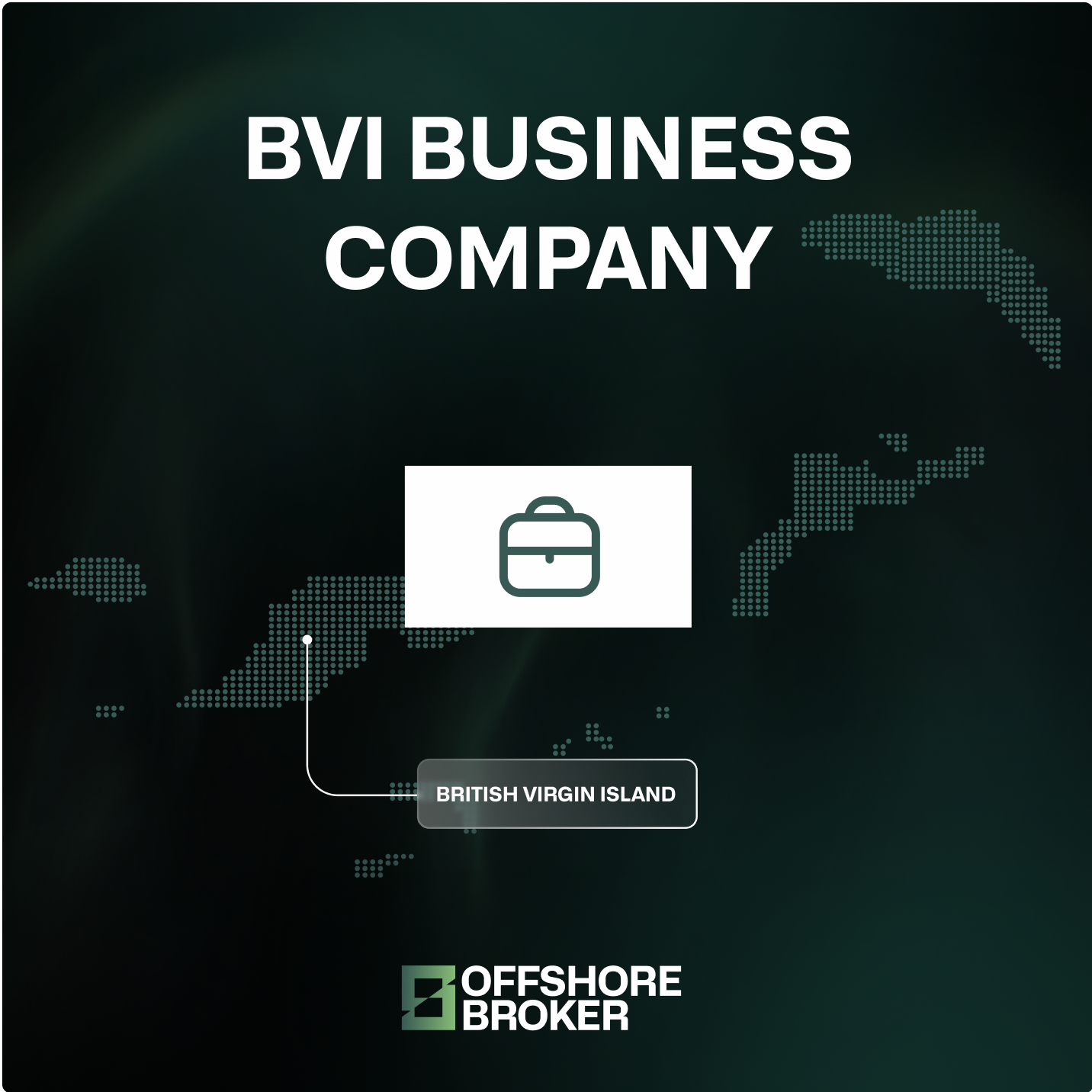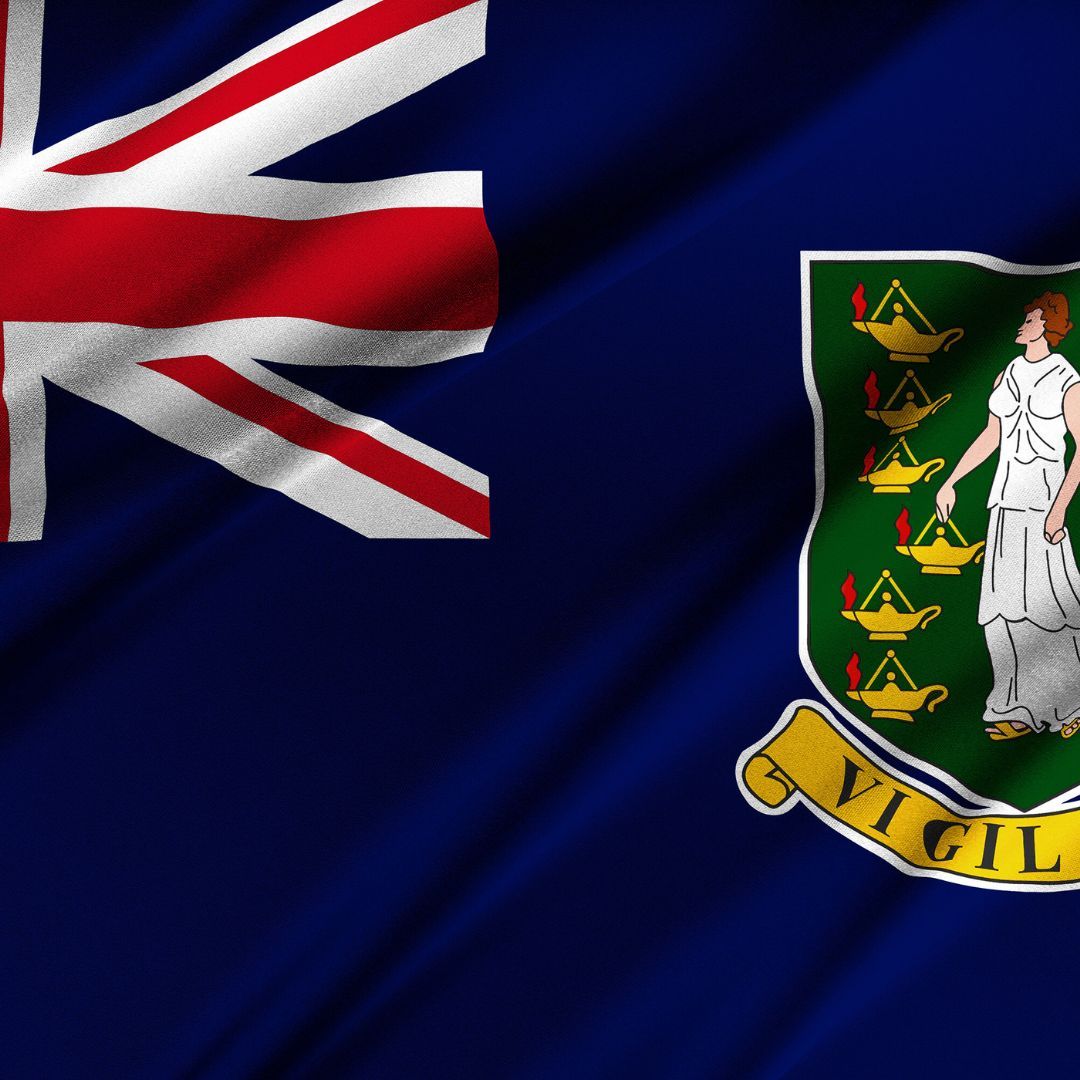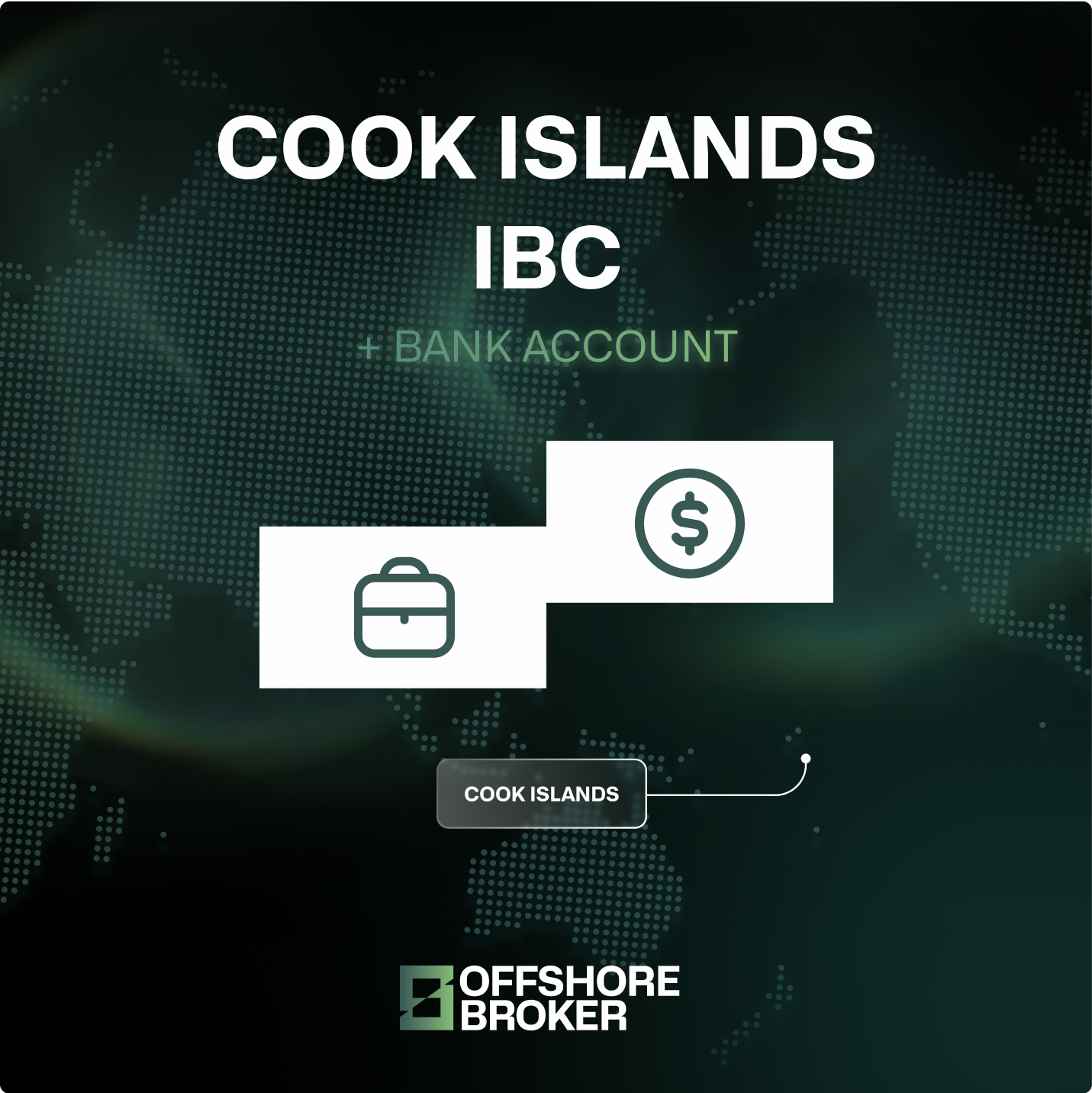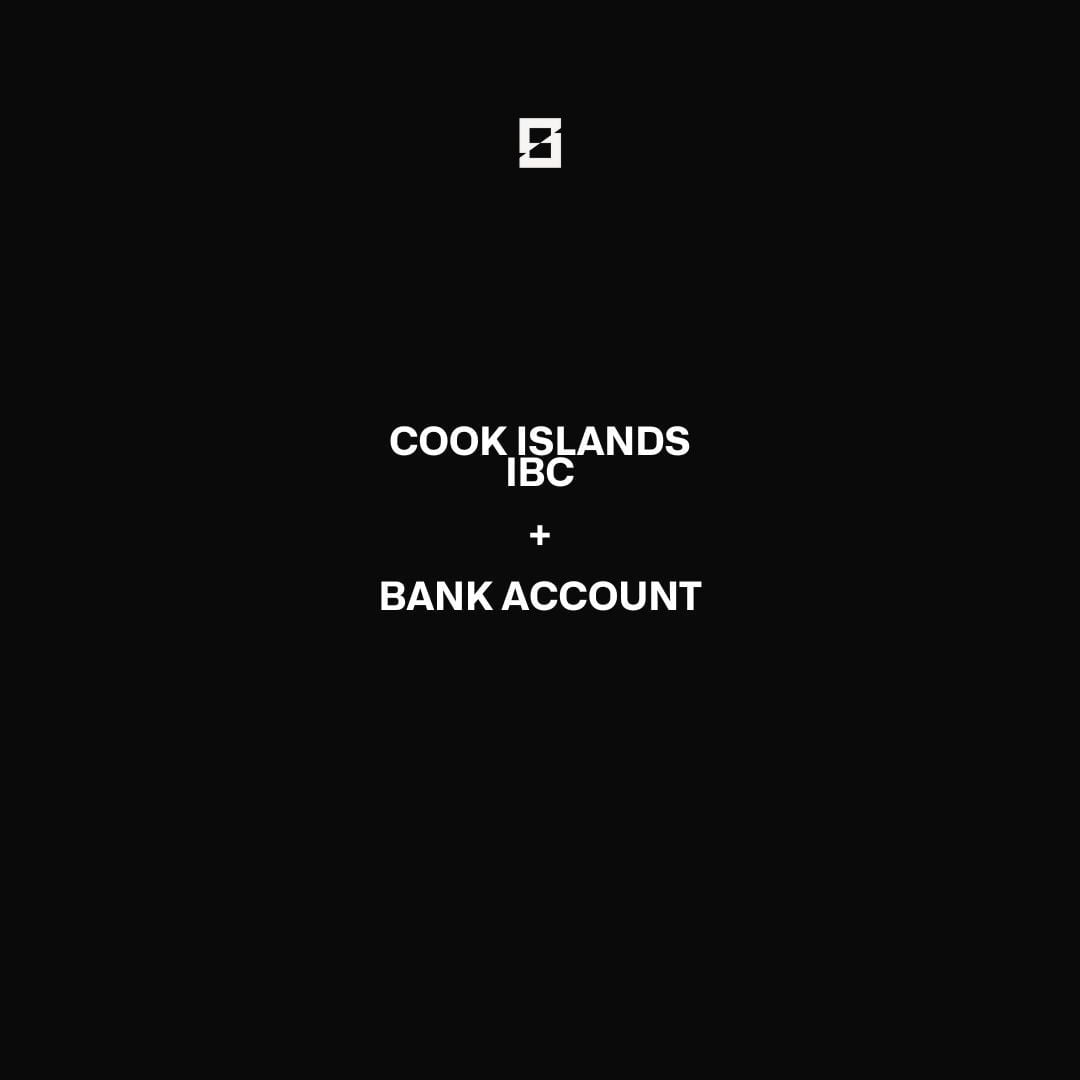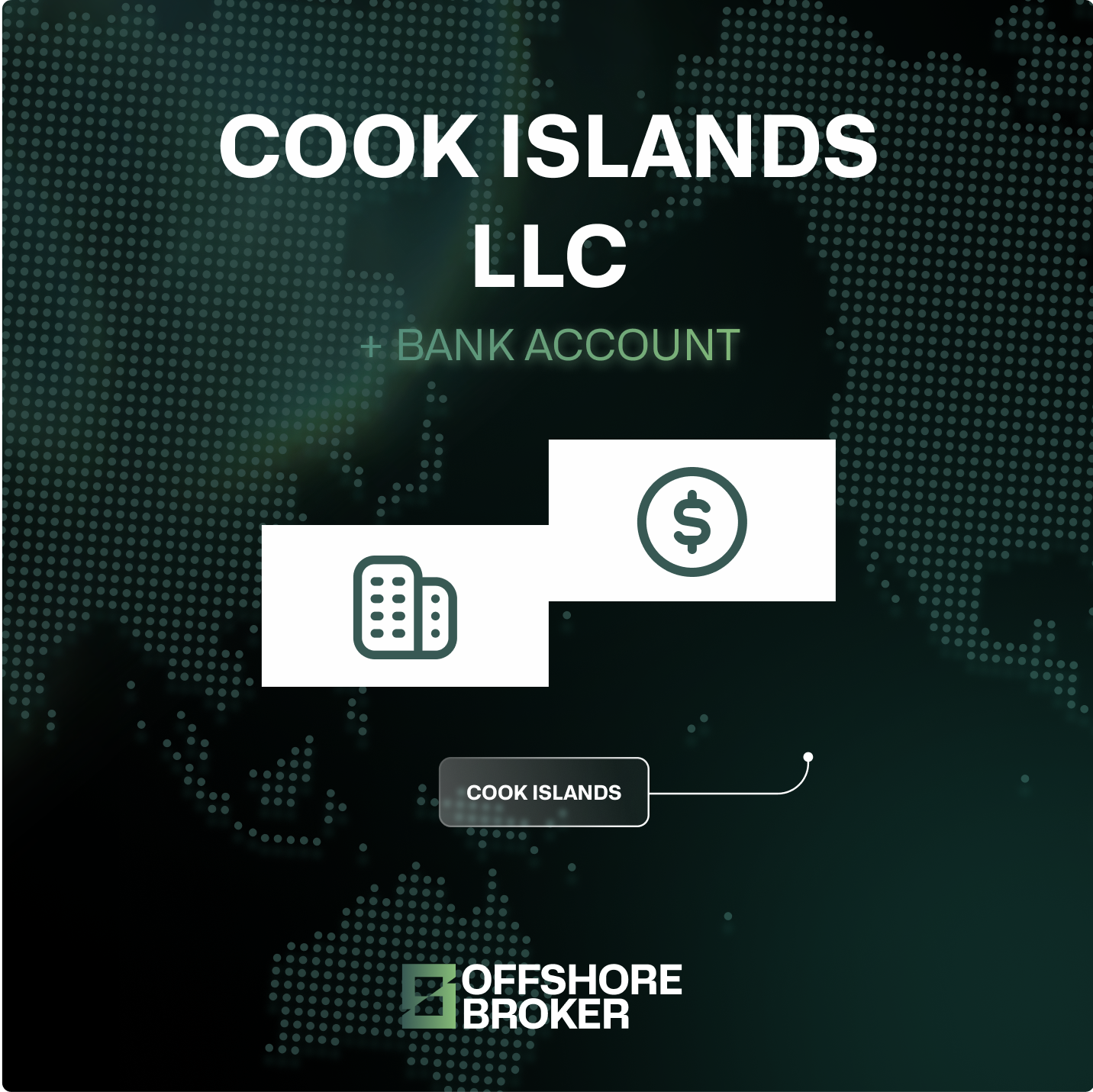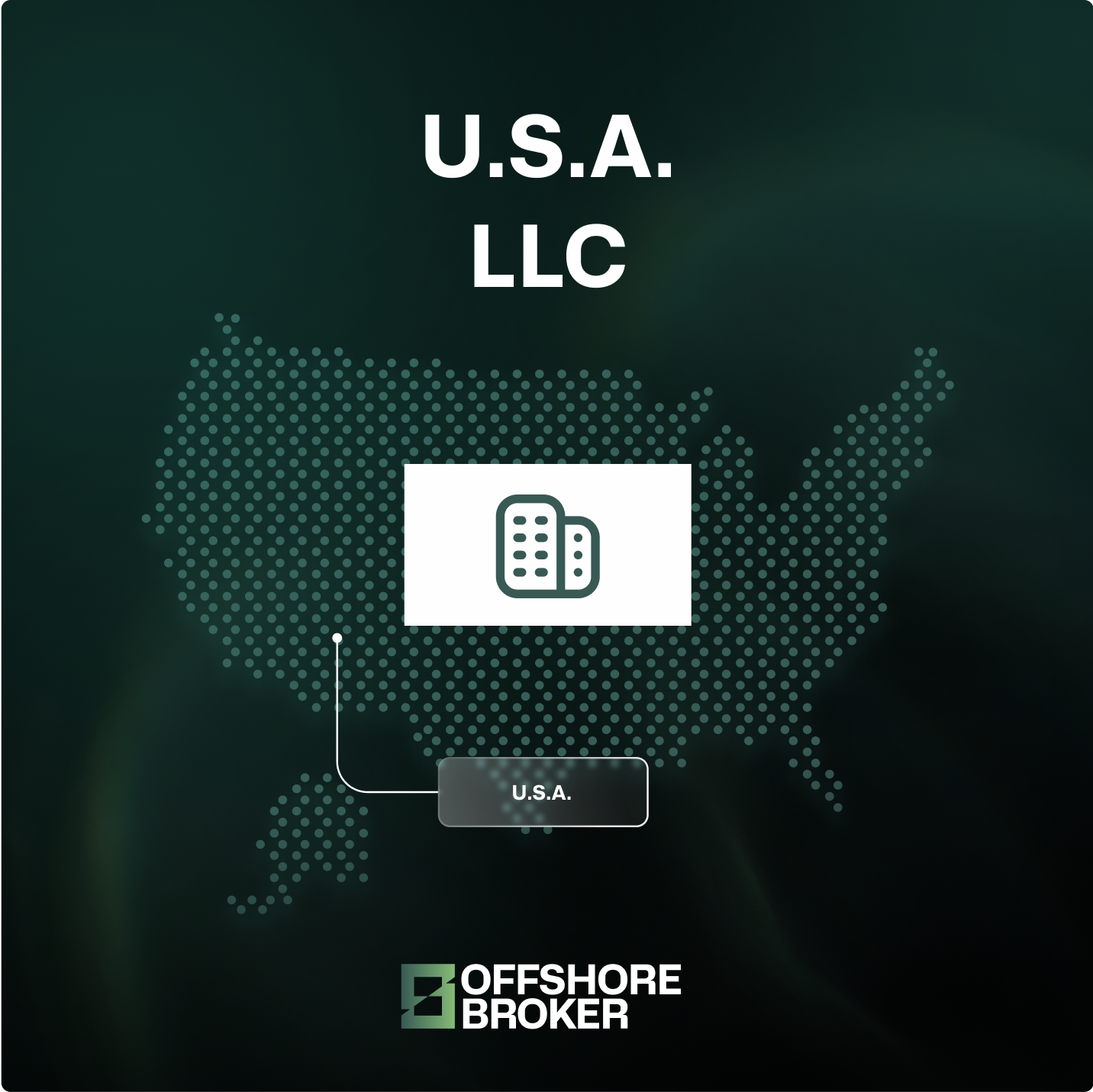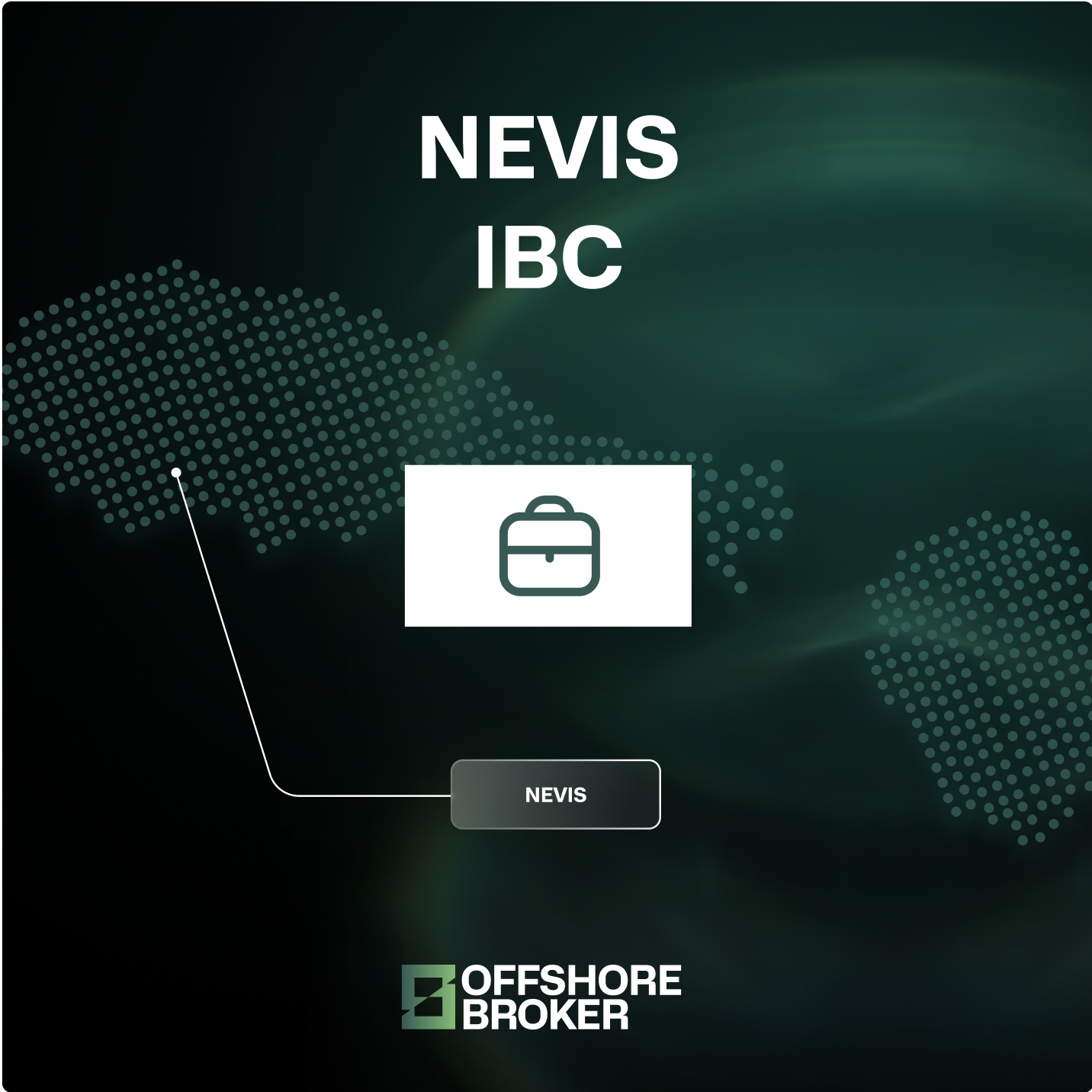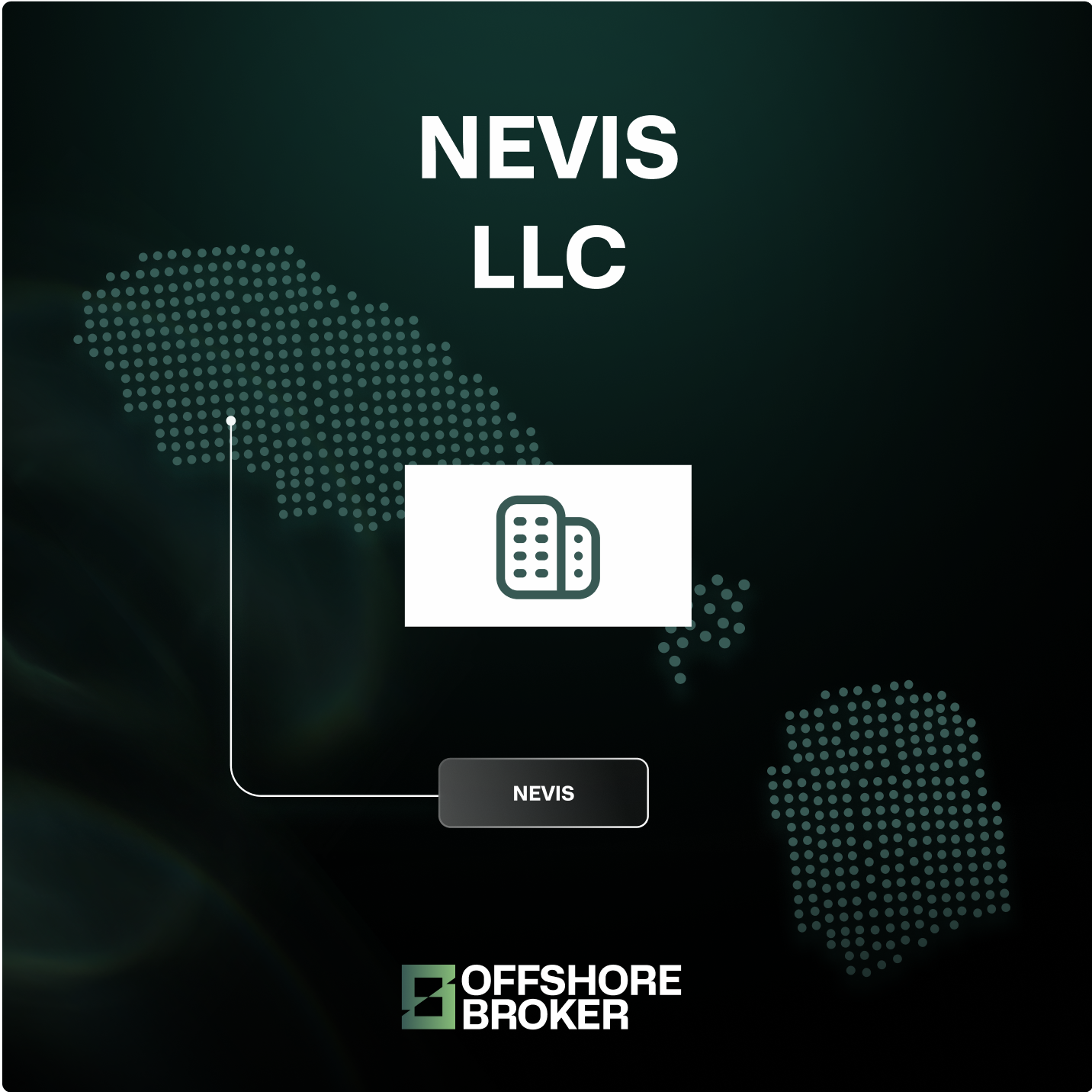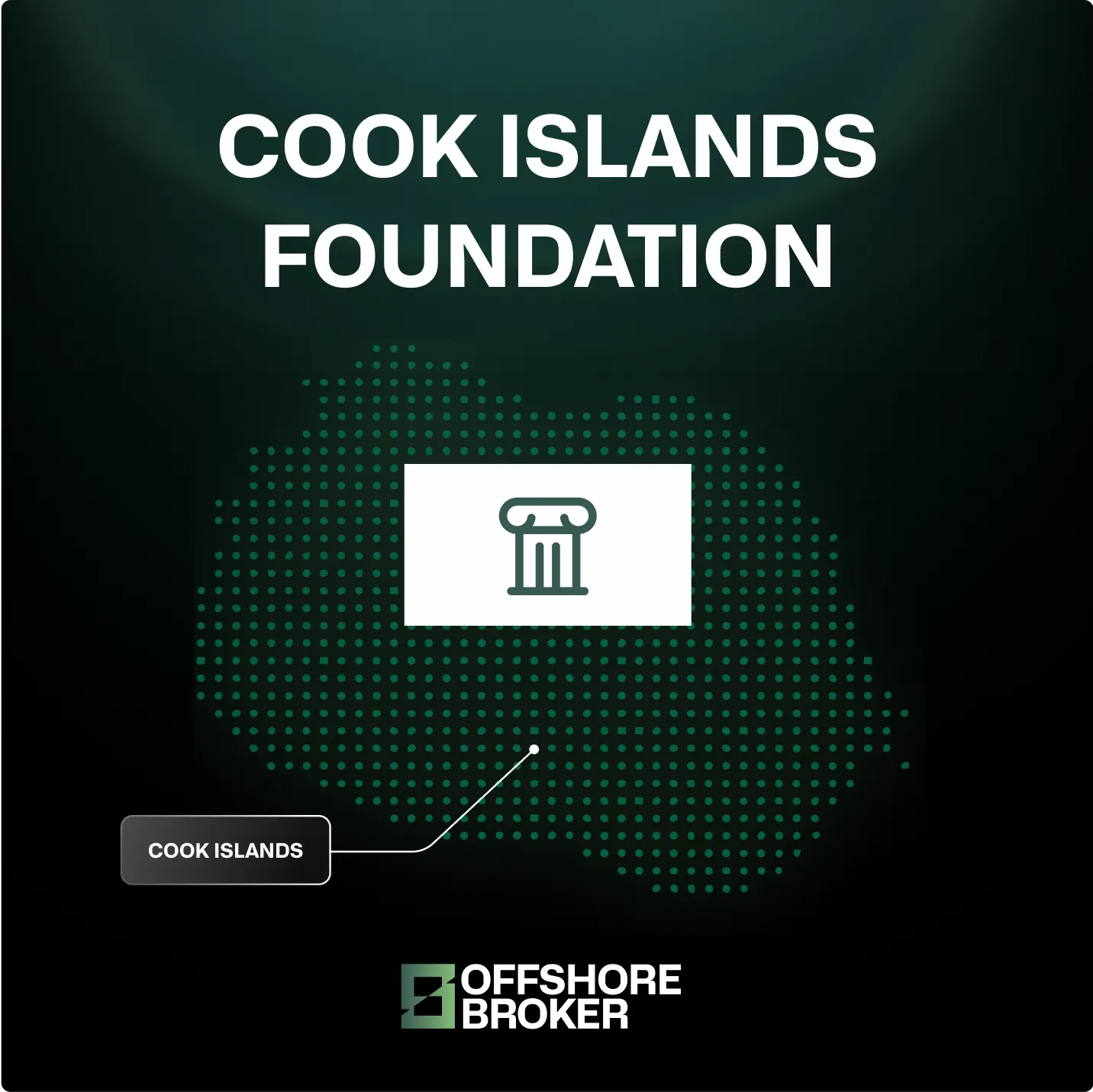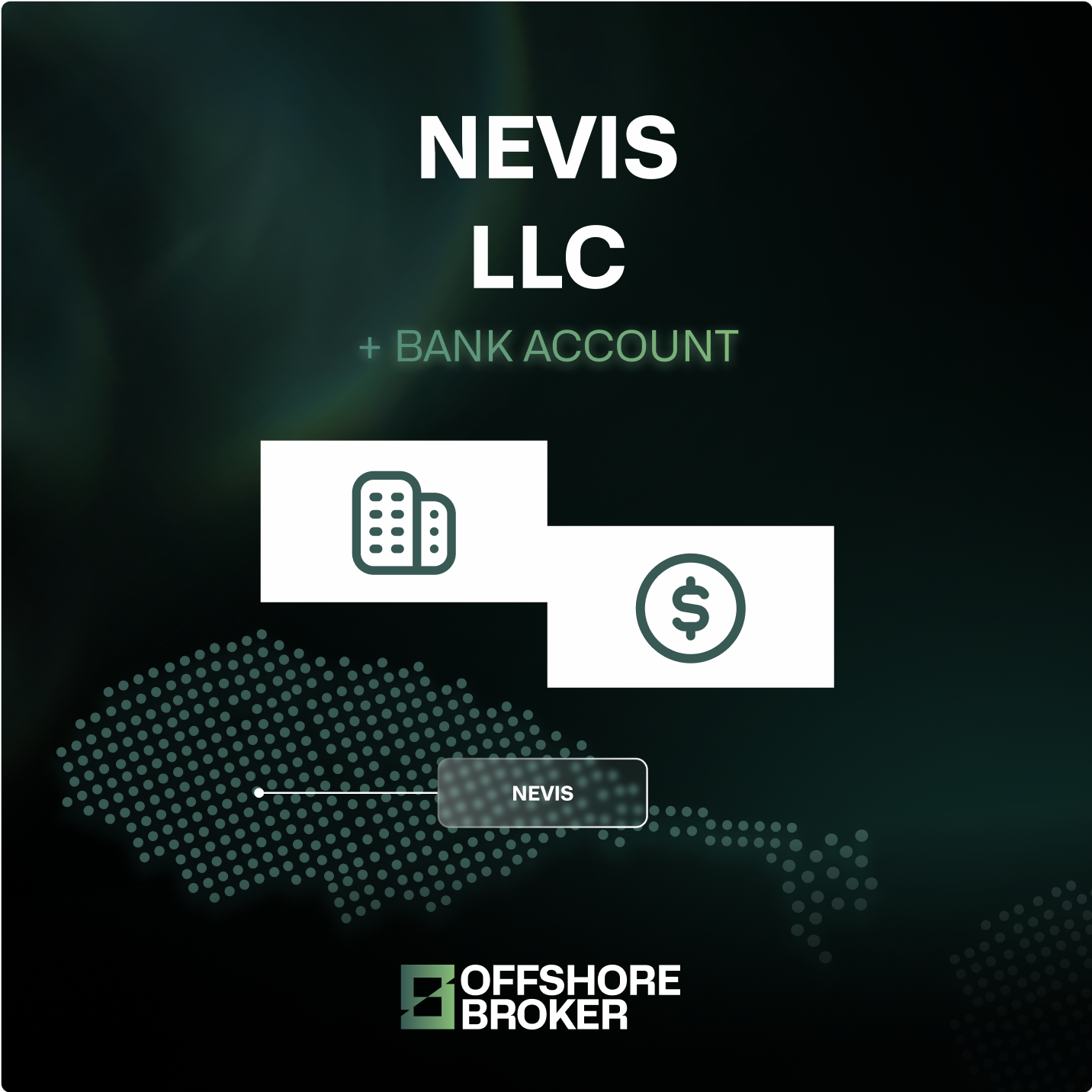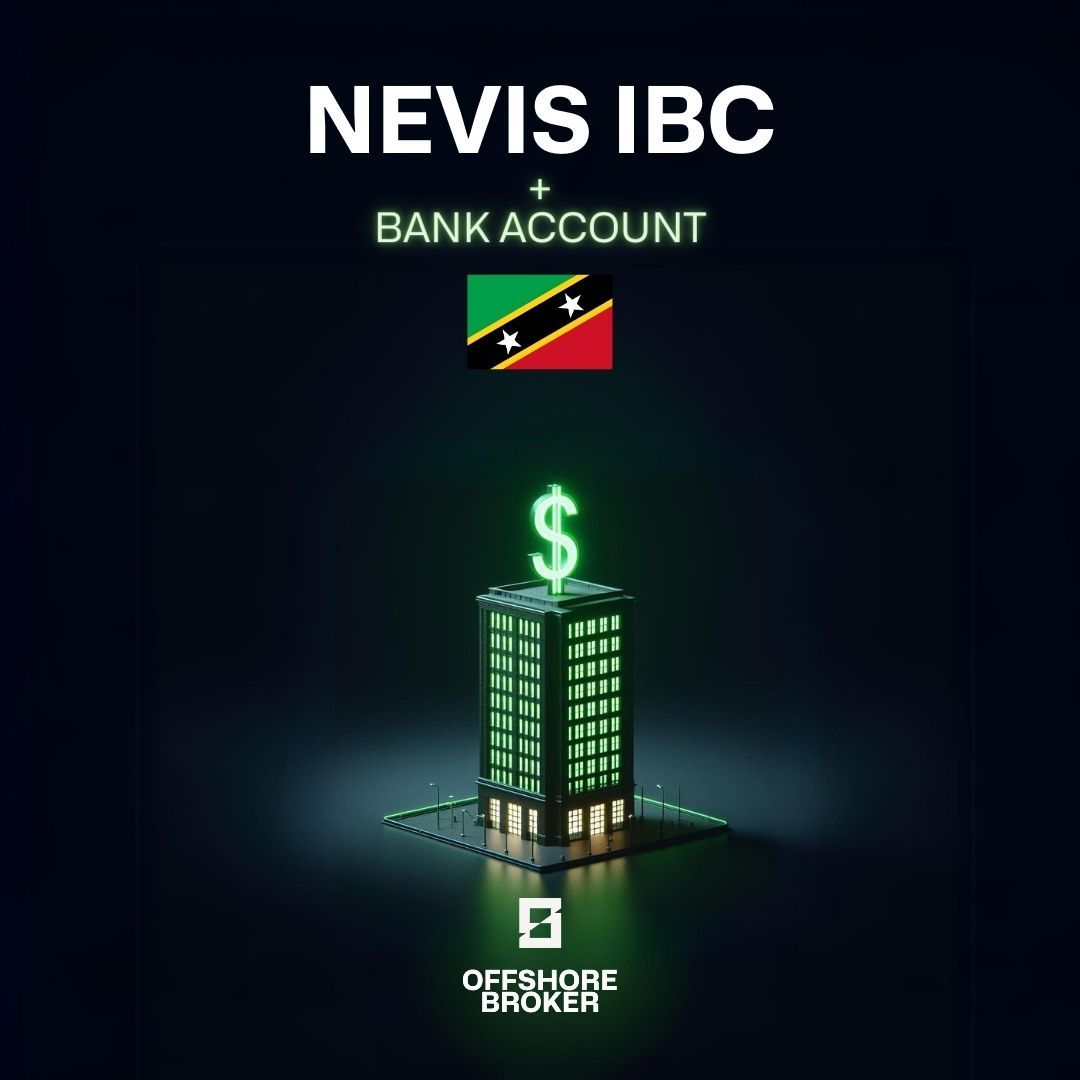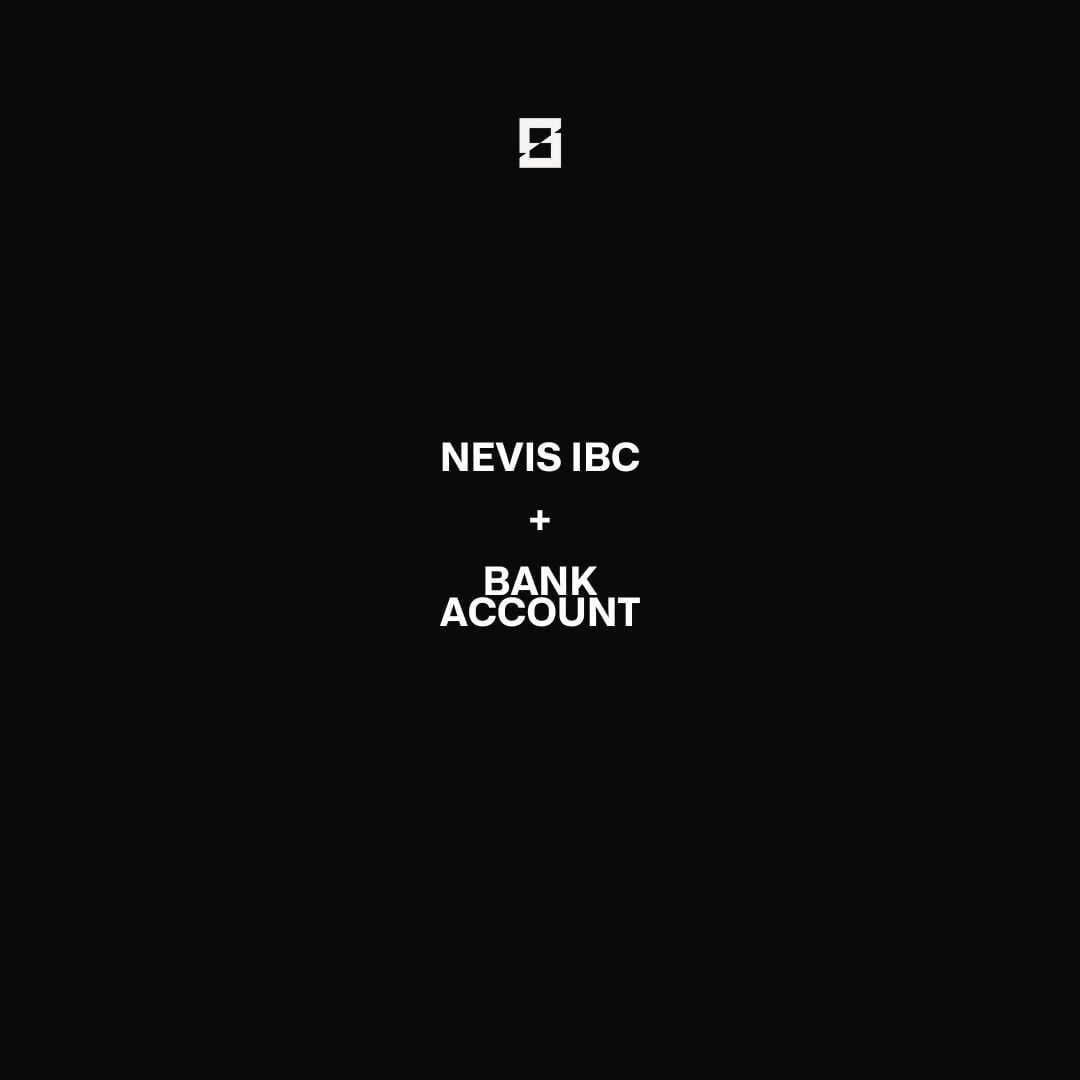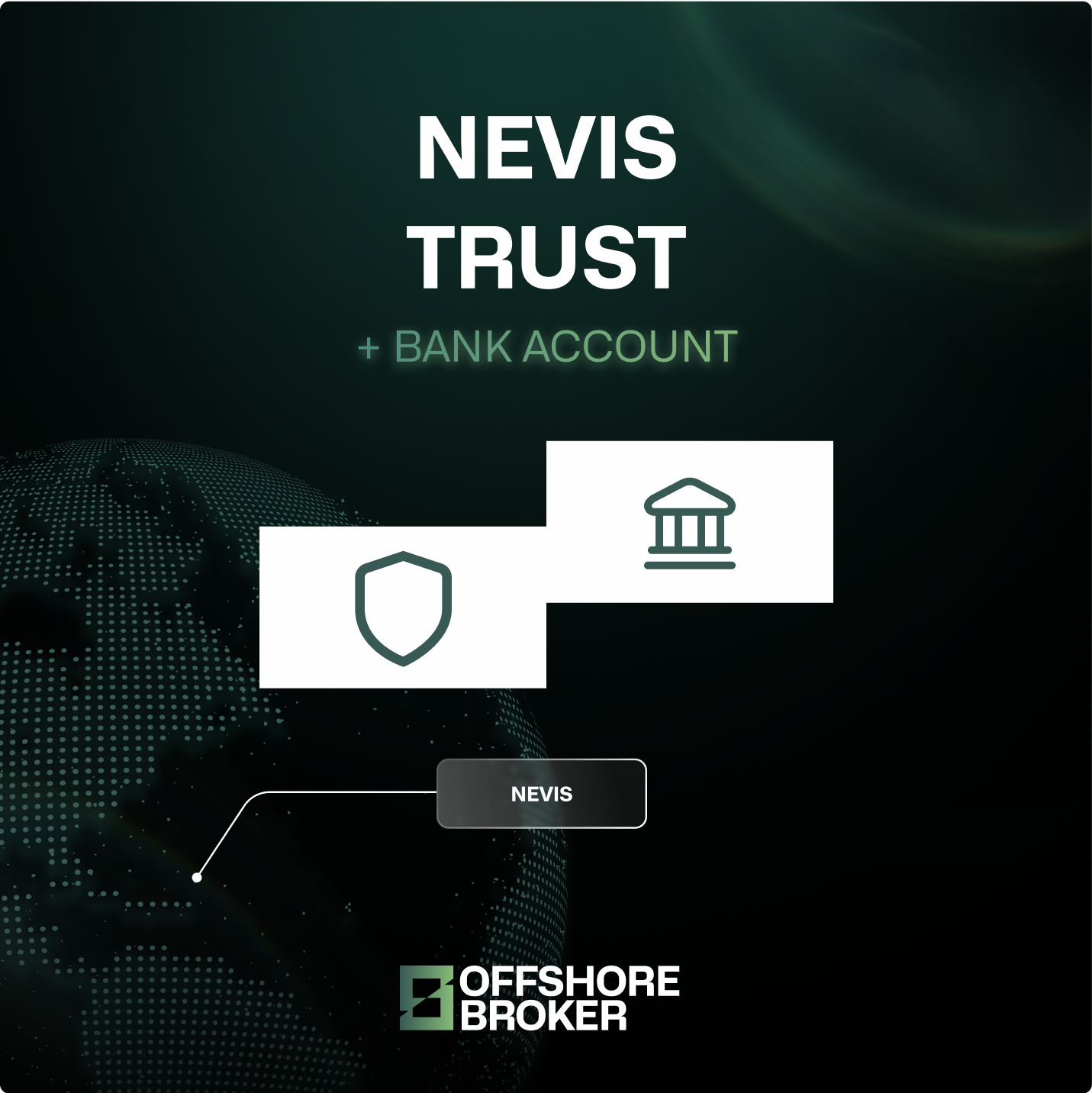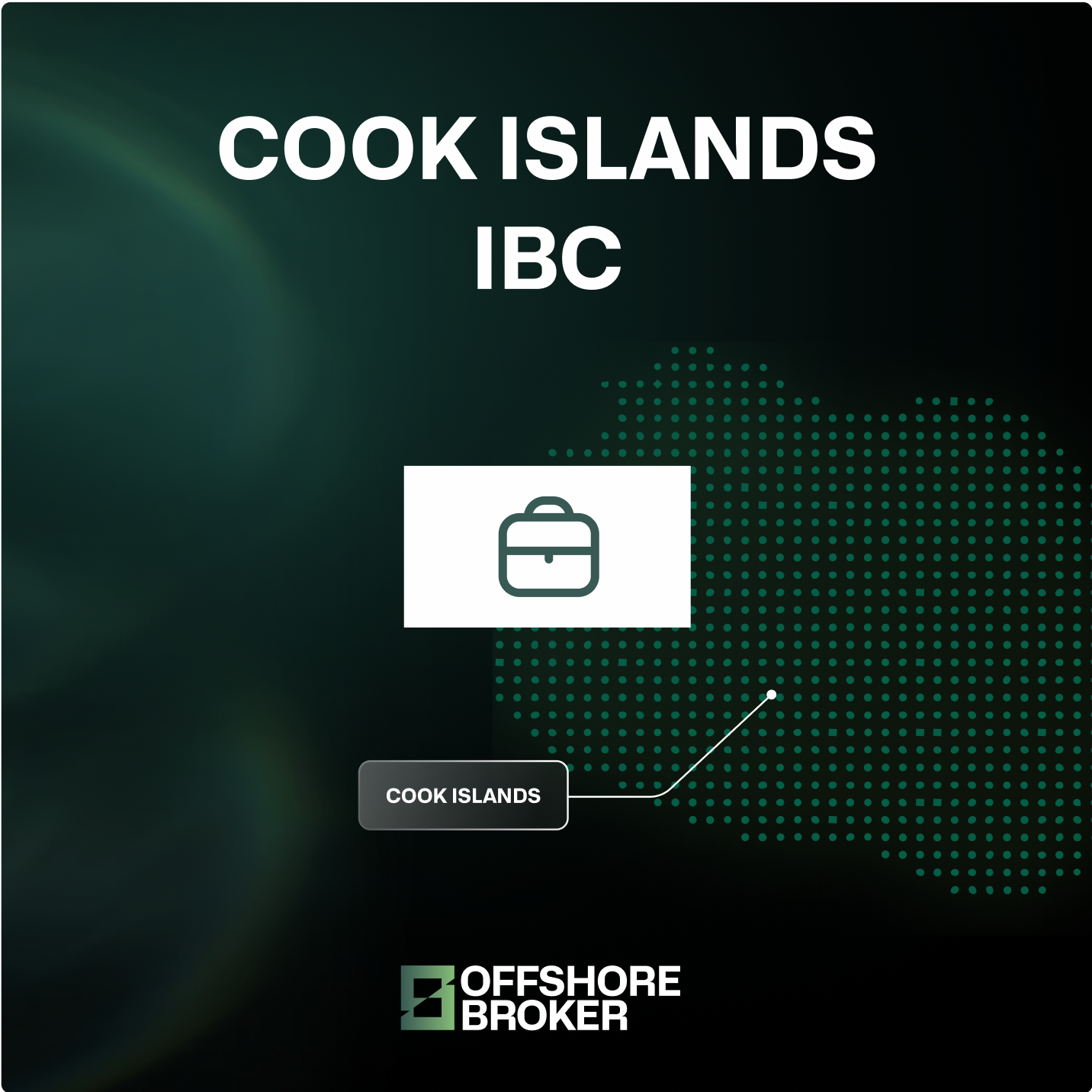$3,900
The BVI Business Company (BC) is an attractive and versatile offshore company structure, offering robust tax advantages, confidentiality, and a flexible organizational framework. Established under the International Business Companies Ordinance of 1984, the BVI BC has become a model in the offshore services industry, renowned for its popularity and reliability. The BVI offers a good option for booking global profits while minimizing tax and is suitable for establishing financial services companies due to transparent laws, easy setup procedures, and good infrastructure.
- Company formation and all primary documents.
- Complete application process handled on your behalf
- Due diligence checks conducted as part of the service
- Coverage of all third-party costs, including first-year registration fees with the appropriate government body
- Application guide outlining each step of the application process.
Key Benefits
- Flexible Management Structure: Legislation allows single-director BC’s
- Currency Stability: The US dollar is the official currency in the BVI, meaning there are no currency controls or artificial manipulation of money supply by the local government.
- Political Stability: As a British Overseas Territory, the BVI enjoys outstanding political stability and maintains an improved international profile due to its increased transparencies as an offshore tax haven.
- Independent Judicial System: The BVI’s judicial system is based on English Common Law. Laws and regulations are routinely developed in consultation with the private sector. The offshore financial services sector significantly contributes to the country’s GDP, ensuring a strong interest in maintaining and developing the BVI’s status as a competitive offshore jurisdiction.
- Accessibility and Infrastructure: The BVI is easily accessible by sea and air, has modern telecommunications, and operates on US Eastern Standard Time.
- Provisions Against Confiscation: Protection against the seizure of company shares by foreign governments or authorities through nationalization or expropriation.
Other Information:
- There are certain instances where a foreign judgement may be enforced.
- Not permitted to own property or trade in the BVI.
- Certain activities require a license (e.g., banking, insurance, trust management, investment advice).
- The Register of Directors is publicly accessible, but it doesn’t disclose shareholders or beneficial owners.
- Economic Substance Requirement:
- All BVI entities must file an annual economic substance declaration.
- Relevant activities include banking, insurance, fund management, finance and leasing, headquarters business, shipping, intellectual property, and holding business.
- Companies must ensure substance within the BVI, discontinue the activity, or demonstrate tax residence outside the BVI.
- Accounting Records Requirement
- BVI BCs must keep sufficient accounting records to explain transactions and determine the financial position accurately.
- Records can be kept outside the BVI, with the Registered Agent provided a written confirmation of the location.
- Annual Financial Return: A simple balance and income statement filed with the Registered Agent, not publicly accessible, with no audit requirement.
- Tax
- A BVI Business Company is exempt from BVI income tax, including dividends, interest, rents, royalties, compensations, and capital gains.
- No estate, inheritance, succession, or gift tax is payable on shares, debt obligations, or securities of a BVI BC.
- Transactions involving the transfer of assets, shares, or securities are exempt from stamp duty, except for land ownership transactions in the BVI.
About The British Virgin Islands
The British Virgin Islands (BVI) is a British Overseas Territory located in the Caribbean, east of Puerto Rico. Known for its political stability, legal system, and robust financial services sector, the BVI has established itself as a premier offshore financial center. While external pressure has prompted the BVI to adopt greater transparency and regulatory measures, it continues to attract international business due to its favorable tax regime and flexible corporate structures.
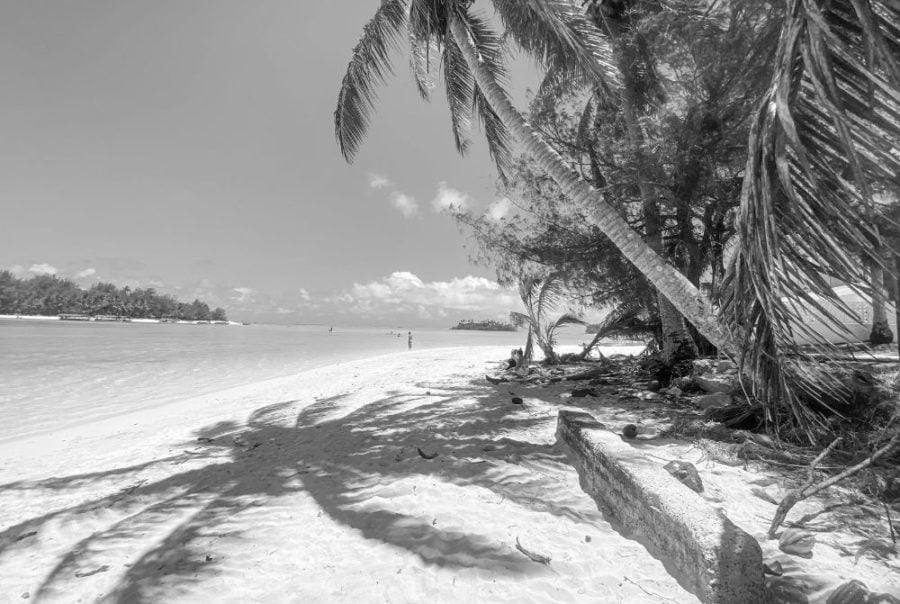

The Structure:
- Shareholder(s): BVI Business Companies can have one or more shareholders, including individuals, companies, or trusts. Shareholders hold ownership interests, which can be based on the number or class of shares issued. Single-shareholder BCs are allowed, providing flexibility for different ownership structures.
- It is common for the person establishing the BC to appoint themselves as the sole shareholder (100% ownership).
- Director(s): A BVI Business Company requires at least one director, who may or may not be a shareholder. Directors are responsible for managing the company and making key decisions. Directors can be individuals or corporate entities, and they can be of any nationality. There is no requirement for directors to reside in the BVI. It is common for the person establishing the BC to appoint themselves as the sole director.
- Registered Agent: A BVI Business Company must appoint a registered agent within the BVI. The registered agent handles official communications and ensures compliance with local regulations. This service is included in your incorporation fee.
- Registered Office: The Business Company must have a registered office address in the BVI, which is usually provided by the registered agent. This address is used for official correspondence and maintaining company records.
- Share Structure: BVI Business Companies can issue various classes of shares, including bearer shares (although bearer shares are subject to strict regulations). The share structure is flexible and can be customized to meet the needs of the shareholders. There are no minimum capital requirements, allowing for a straightforward and cost-effective incorporation process.
- Memorandum and Articles of Association: The Memorandum and Articles of Association outline the company’s structure, objectives, and operational guidelines. These documents are required for incorporation and are included in your incorporation fee.
Establishing a BVI Business Company through Offshore Broker’s efficient onboarding process can see your company operational in just a few days. This setup offers a reliable solution for those seeking asset protection, tax efficiency, and confidentiality within a reputable offshore jurisdiction.
View the full governing legislation here: BVI FSC – Business Companies Act
FAQ: BVI Business Company
Why should I use Offshore Broker for my company formation?
Offshore Broker streamlines the process by managing the entire application for you, conducting due diligence checks, and preparing compliant company documents. We cover all third-party costs, including first-year registration fees, ensuring a smooth and stress-free experience. Additionally, we provide an application guide to assist you every step of the way. Our all-inclusive “pay-when-completed” model guarantees transparency and peace of mind.
Do I need to visit the BVI to open my BC?
No, you do not need to visit the BVI to open your company. The entire process can be completed remotely, saving you time and travel expenses.
In what instances is a foreign judgement enforceable?
A foreign judgment can be enforceable against a BVI Business Company (BC) under certain circumstances. The enforceability largely depends on the nature of the judgment, the country from which it originates, and the legal principles governing the recognition and enforcement of foreign judgments in the British Virgin Islands. Here are some key instances and considerations:
1. Reciprocal Enforcement of Judgments Act (REJA)
- The BVI has enacted the Reciprocal Enforcement of Judgments Act, which allows for the recognition and enforcement of judgments from certain jurisdictions that have reciprocal arrangements with the BVI.
- Judgments from these jurisdictions can be registered and enforced in the BVI as if they were judgments of the BVI courts.
2. Common Law Principles
- Even if there is no reciprocal enforcement agreement, a foreign judgment can still be enforceable in the BVI under common law principles.
- The judgment must be final and conclusive, and for a definite sum of money.
- The foreign court must have had jurisdiction over the defendant according to BVI conflict of laws rules.
- The judgment must not have been obtained by fraud, and it must not be contrary to the public policy of the BVI.
3. Jurisdiction of the Foreign Court
- The foreign court must have exercised jurisdiction in a manner recognized by BVI law. This generally means that the defendant must have been present in the foreign jurisdiction when the proceedings were commenced or must have submitted to the jurisdiction of that court.
4. Finality and Conclusiveness
- The foreign judgment must be final and conclusive. Interlocutory judgments, or judgments that can still be appealed, typically do not meet this criterion.
- The judgment must represent a definite obligation and not be conditional or subject to future contingencies.
5. Public Policy and Natural Justice
- The foreign judgment must not be contrary to BVI public policy. Judgments that are deemed oppressive, unfair, or obtained through procedures that violate principles of natural justice may be refused enforcement.
- The judgment must have been obtained through a process that respects principles of natural justice, including proper notice and a fair opportunity to be heard.
6. Absence of Fraud
- A judgment obtained by fraud, whether in the proceedings themselves or in the procurement of the judgment, will not be enforced in the BVI.
7. Types of Judgments Enforceable
- Judgments for a definite sum of money are generally enforceable.
- Non-monetary judgments, such as injunctions or specific performance orders, may be more difficult to enforce and typically require separate proceedings in the BVI courts.
What documents are required to set up a BVI company?
To set up a BVI company, you will need to provide identification documents such as a passport, proof of address, and any additional information required for due diligence checks. This could include professional reference letters.
Are there any restrictions on the types of business activities a BVI company can engage in?
Yes, there are certain restrictions on the types of business activities a BVI Business Company (BVI BC) can engage in. Here are the key points:
- Property Ownership and Business in BVI:
- A BVI BC is not permitted to own real estate or conduct business directly within the British Virgin Islands (BVI), except for holding and managing its own investments and other assets.
- Licensing Requirements:
- Certain business activities require a license from the BVI Financial Services Commission. These include:
- Banking: Activities related to banking services.
- Insurance: Conducting insurance business.
- Trust Management: Providing trust services.
- Investment Services: Offering investment advice or managing investments.
- These regulated activities must be licensed and are subject to specific regulations and oversight.
- Certain business activities require a license from the BVI Financial Services Commission. These include:
- Economic Substance Requirements:
- Effective from January 1, 2019, the BVI has implemented Economic Substance (ES) requirements for certain business activities. If a BVI BC engages in any of the following relevant activities, it must meet the economic substance requirements:
- Banking
- Insurance
- Fund Management
- Finance and Leasing
- Headquarters
- Shipping
- Intellectual Property Holding
- Distribution and Service Centre Business
- Holding Business (pure equity holding entities)
- The company must demonstrate that the relevant activity is carried out within the BVI or meet alternative criteria such as demonstrating tax residence outside the BVI.
- Effective from January 1, 2019, the BVI has implemented Economic Substance (ES) requirements for certain business activities. If a BVI BC engages in any of the following relevant activities, it must meet the economic substance requirements:
- Licensing for Specific Types of Companies:
- Restricted Purpose Companies: These companies are limited to specific purposes outlined in their incorporation documents and cannot engage in activities outside their specified purposes.
How does taxation work for a BVI Business Company?
- Tax-Free: BVI BCs benefit from a 0% corporate tax rate on income and capital gains.
- Reporting: Must file annual returns and keep accounting records but no auditing required.
- Global Impact: Income may be subject to personal income tax in the recipient’s home country.
Can I open a bank account for my BVI BC?
Yes, you can open a bank account for a BVI Business Company. This may require additional time and documentation which we will help you prepare.
Is my information secure with a BVI offshore company?
While the BVI is not as confidential as other jurisdictions we offer, beneficial ownership information is not publicly accessible and is held confidentially by the Registered Agent. The Register of Directors is available to the public, but it does not include details of beneficial owners or shareholders. If you would prefer more confidentiality we would generally recommend a Cook Islands LLC.
CONTACT US
Please leave us a message, and a member of our team will respond to you shortly.
Alternatively, you can schedule a convenient time slot to discuss your asset protection goals with one of our specialists.

